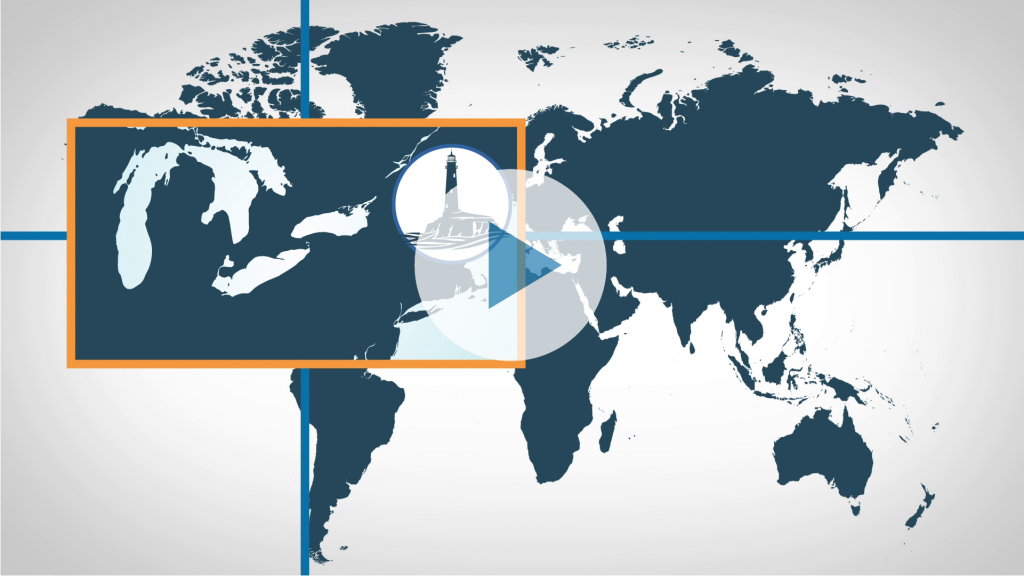On Call International helps organizations and their travelers take a proactive and holistic approach to not only managing emergencies when they arise—but also planning for and even preventing them before they happen. Tune in each month to see how On Call International helps with travel problems, big and small, every day: Financial Troubles in Kenya A group
Read MoreWelcome to On Call International’s Blog
Natural Disaster Planning and Crisis Management
Author: Benjamin Longworth Natural disasters such as hurricanes or earthquakes are one of the key threats to travelers abroad. While you may already have some preparations in place to protect your travelers’ safety, consider some of the often-overlooked steps your organization should also take to help mitigate risk for these types of events. When planning
Read MoreHelping Travelers Every Day: Protests in Peru
From medical emergencies to security concerns—or any other travel issue big or small—here at On Call, the health and safety of the travelers we serve is our top priority. Read our latest case study for an inside look at how On Call’s Global Assistance Teams work around the clock to fulfill our mission of helping
Read MoreTravel Emergency Planning: 7 Strategies for Creating a Resilient Organization
All organizations, no matter their size or scope, will at some point face a crisis situation. However, when a crisis develops overseas, responding and recovering can prove even more challenging, especially with unique, unfamiliar challenges outside the organization’s familiar environment. Achieving resiliency is often what organizations set out to accomplish when developing or revising their
Read MoreFemale Traveler Safety in Muslim Countries
Author: Betsy Perry Female travel to Muslim countries is on the rise as businesses invest in the region and more higher education institutions support study abroad programs. To help keep female travelers safe, it’s important to prepare them for the specific security concerns and cultural differences they may encounter. Share this information with your female travelers
Read MoreAfter the Hurricane: The Travel Health Risks That Still Remain
Long after the storm passes and the rebuilding phase begins, there are lingering dangers major hurricanes can pose to a destination. According to On Call’s Chief Medical Officer, Dr. William Siegart, “The consequences of devastating storms like Maria, Irma, and Harvey catch our attention through headlines around casualties, flooding, and damages to property and infrastructure.
Read MoreThe 2017-2018 Flu Season: What’s New, What’s on the Horizon, and How You Can Help Your Travelers Stay Healthy
The 2017-2018 flu season is upon us. And while it’s common to assume the information and advice is the same each year, the truth is, different strains of influenza change over time, and every season is different. According to our Chief Medical Officer Dr. Siegart, “It’s hard to predict exactly what travelers can expect this
Read MorePart Three: Long Term Considerations: Operating in the Korean Peninsula Region
As stated in part 1 and part 2, at this time, based on indicators from the immediate region and geo-political considerations, there is a very low probability of an imminent full-scale military war in the Korean Peninsula Region. Nevertheless, a practical travel and security risk management plan would look beyond high-profile events and geopolitical rhetoric.
Read MorePart Two: Short-Term Indicators and Considerations in the Korean Peninsula: Winter Olympics in South Korea
North Korea is likely to continue to issue aggressive statements against any further imposed sanctions and perceived military posturing by the US and allies in the region. Weapons and further nuclear tests in the eastern coast of the country are also possible, but these are likely to remain symbolic acts rather than a show of
Read MorePart One: Korean Peninsula – Of Practical Risk Management and Appropriate Duty of Care
“The Democratic People’s Republic of Korea (D.P.R.K. – North Korea) has carried out its seventh nuclear test in response to the latest round of sanctions and military posturing by the United States of America (U.S.) and its allies.” While this is a fiction statement, given the recent progress of the North Korean military missile and
Read More


